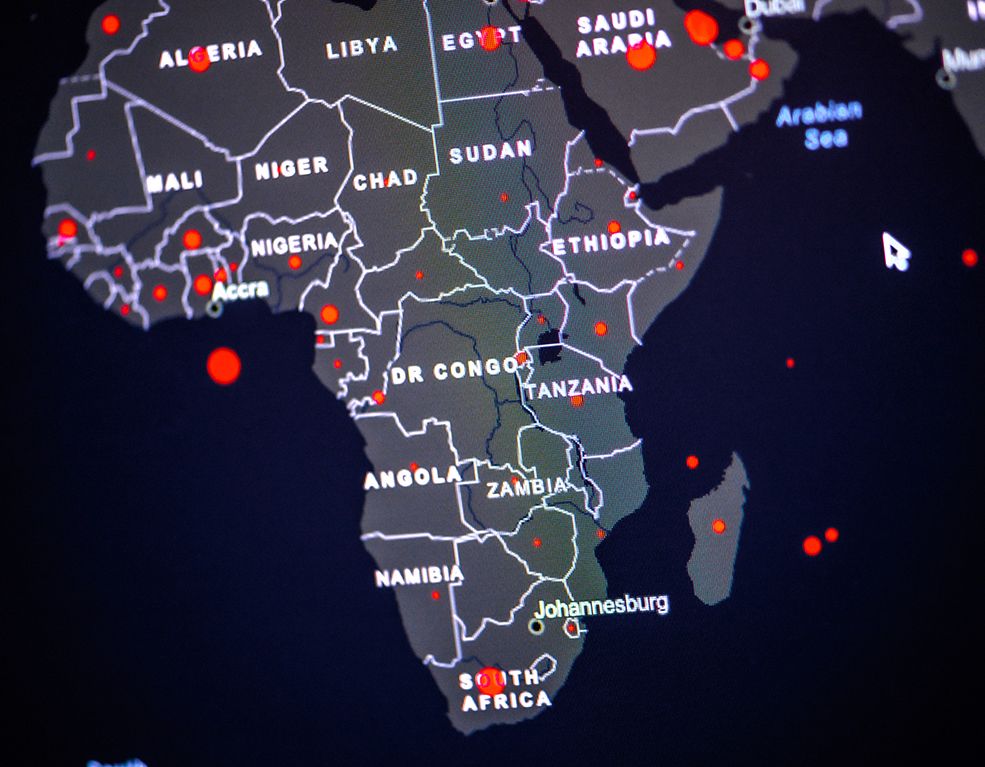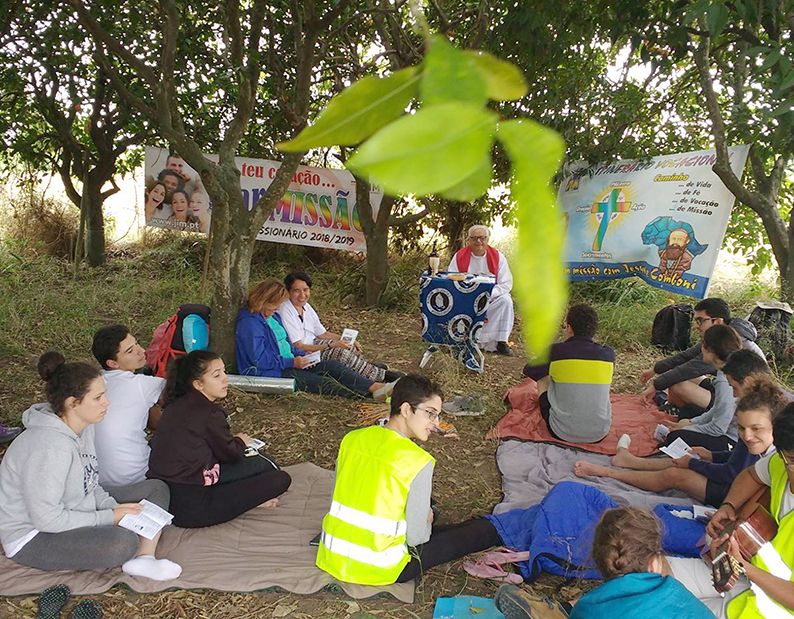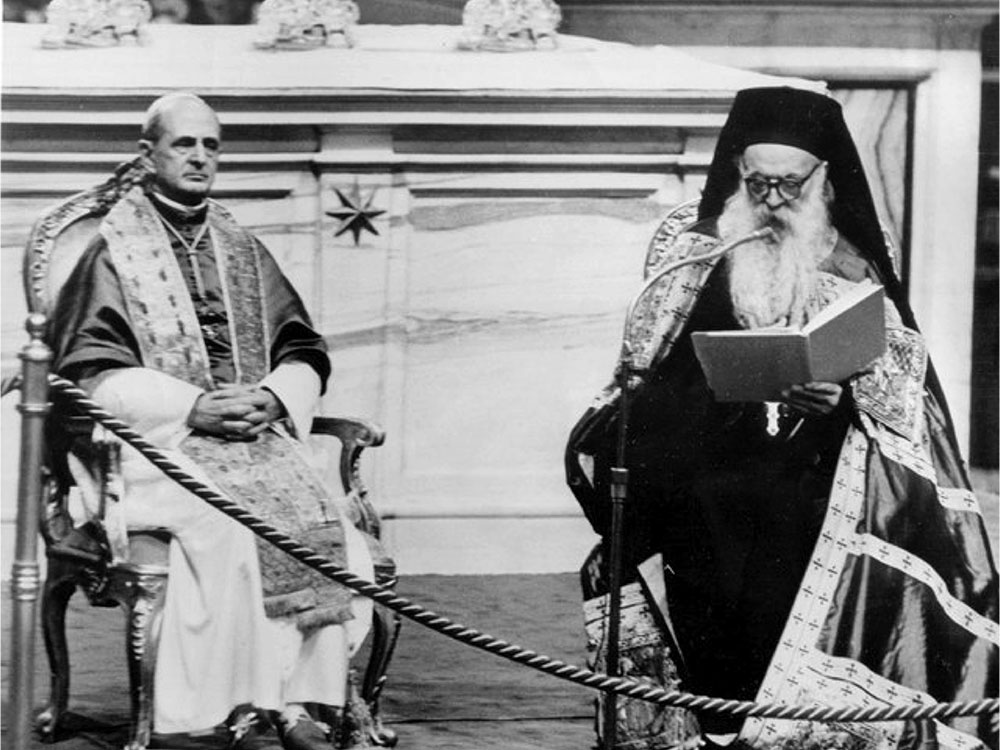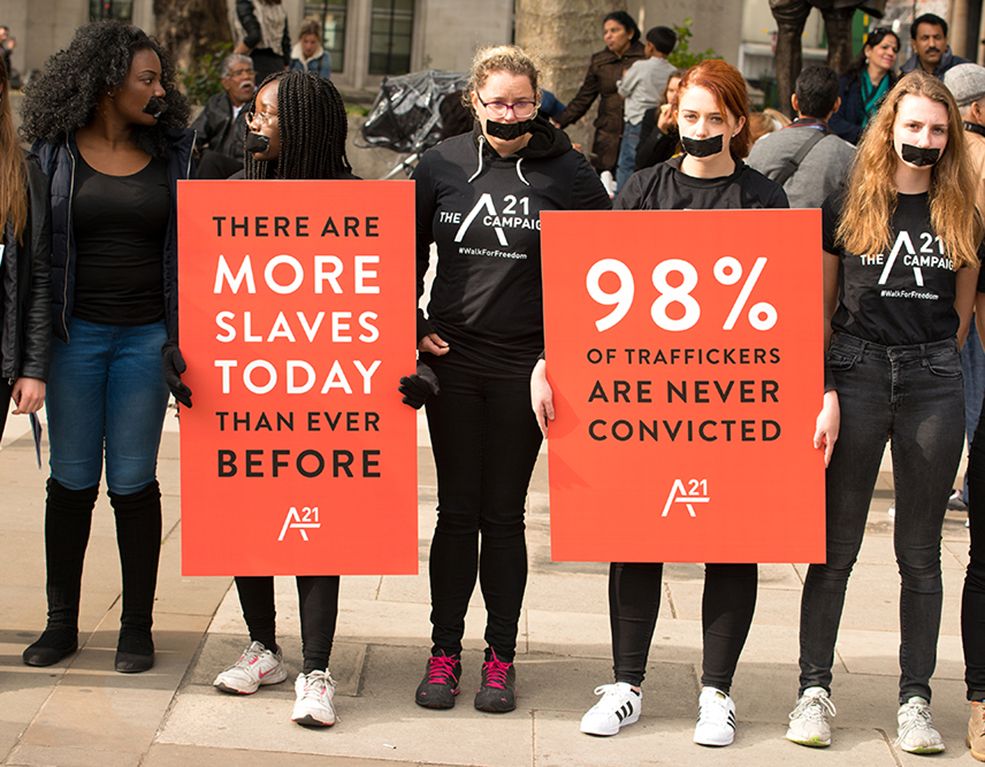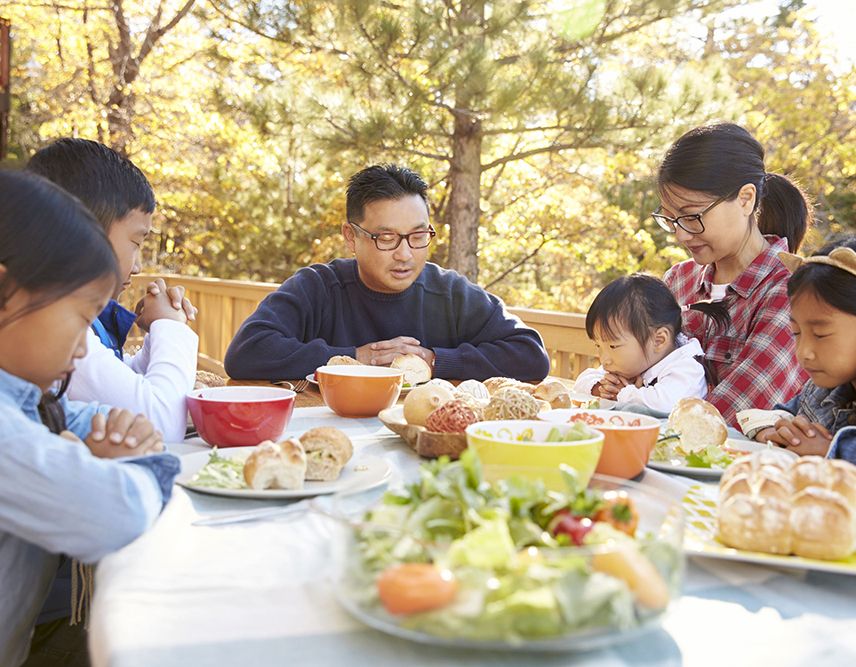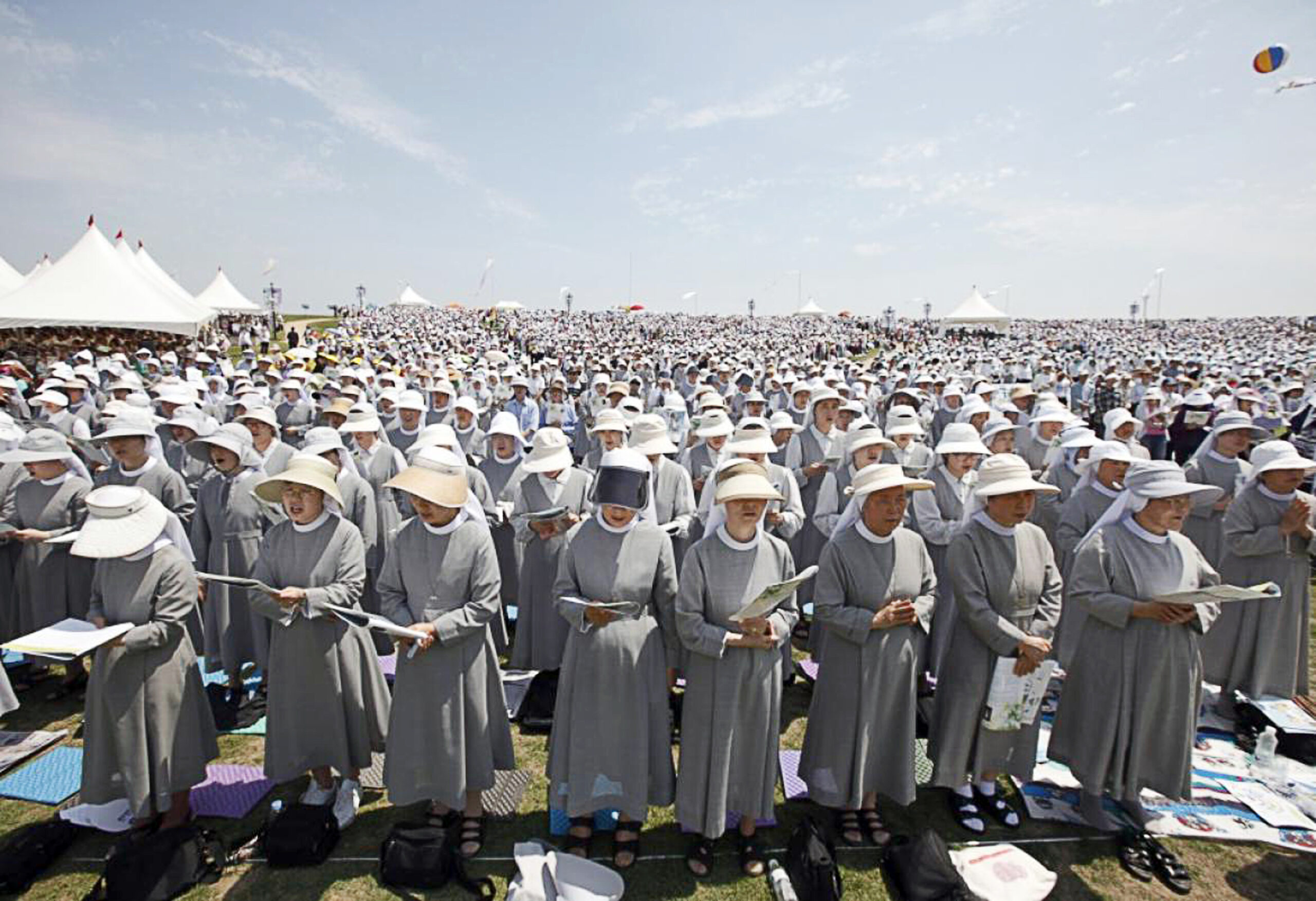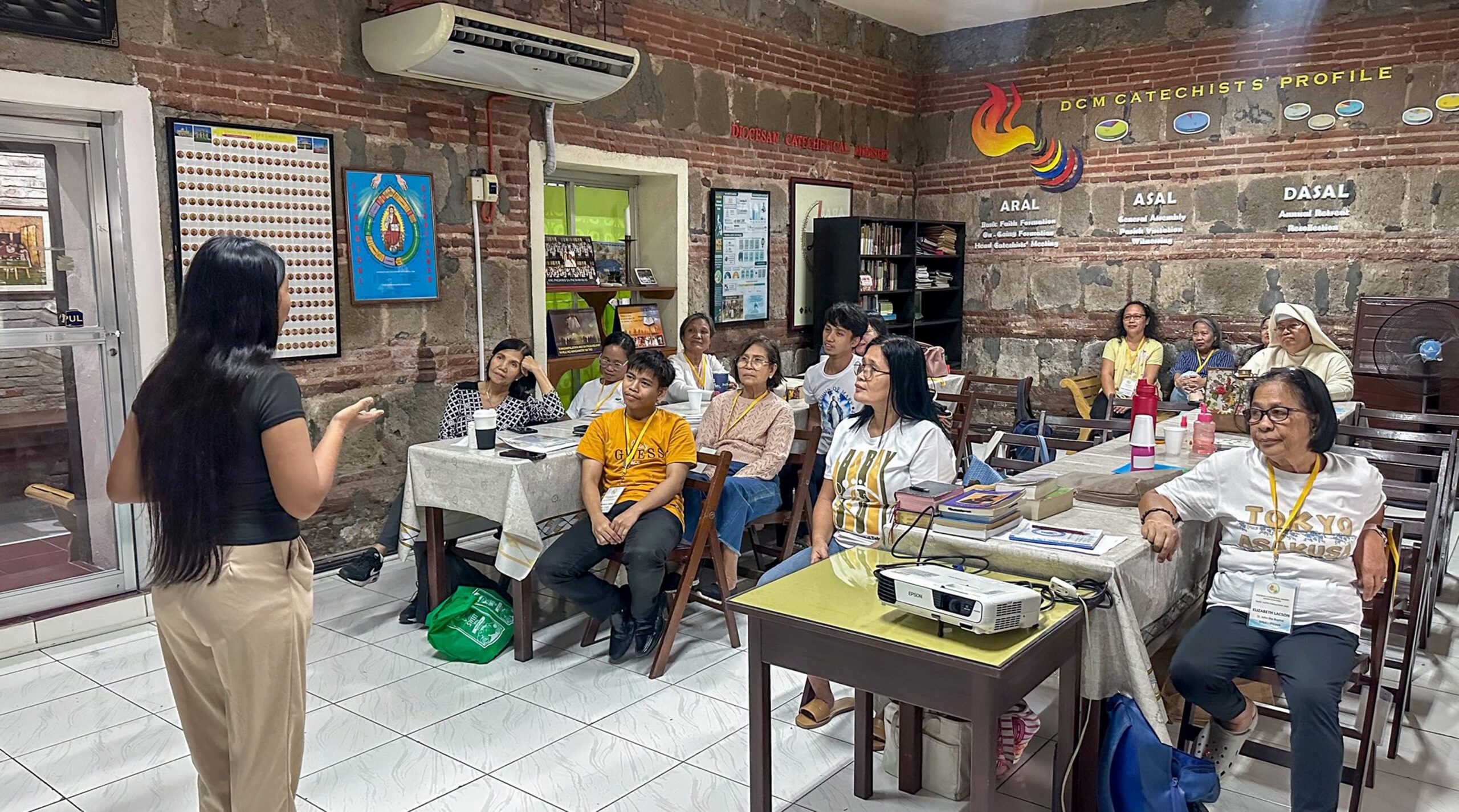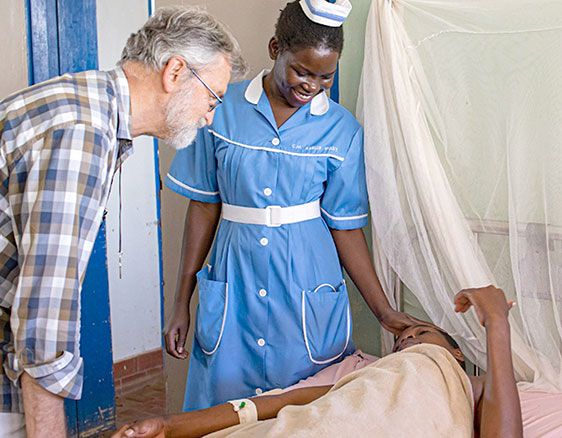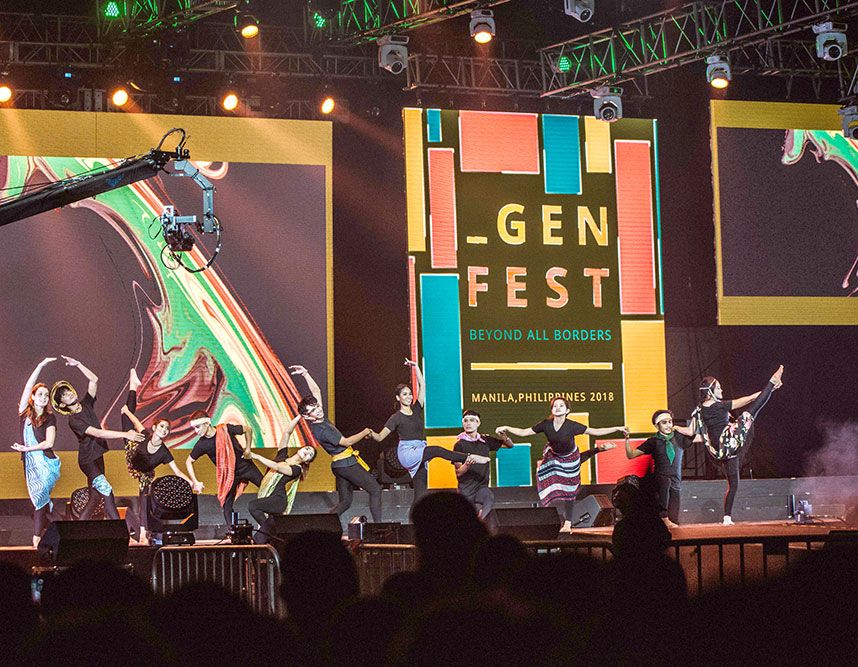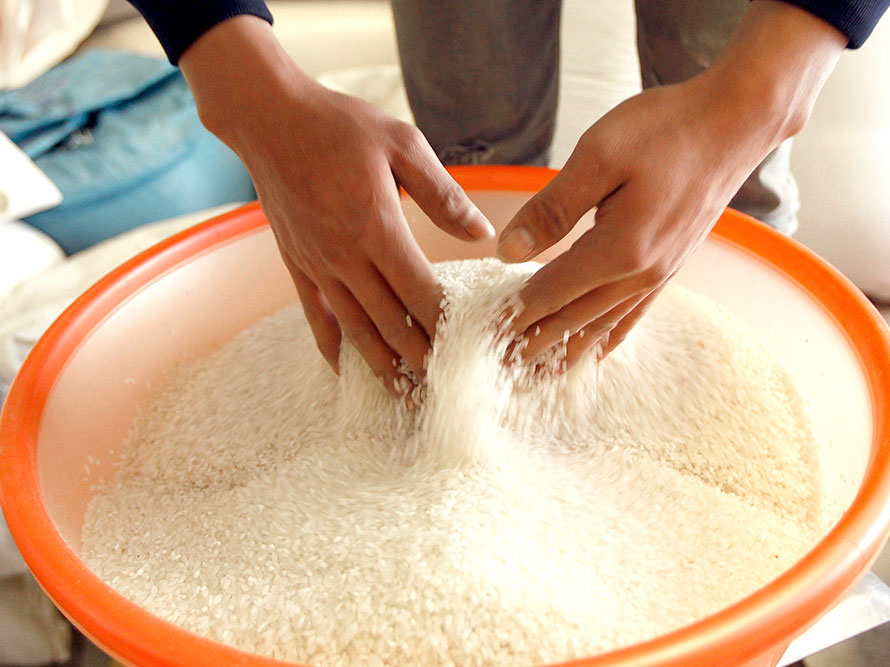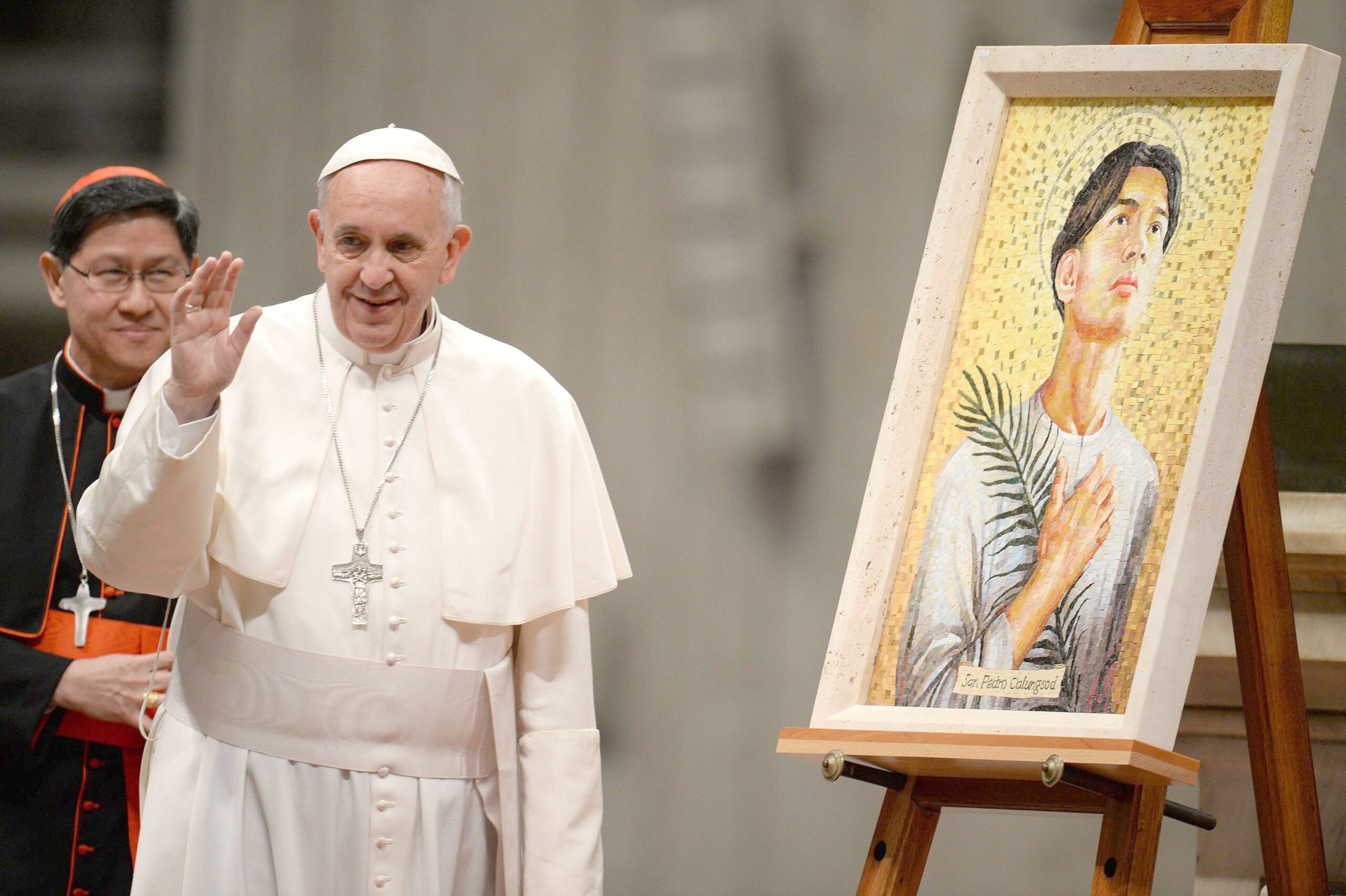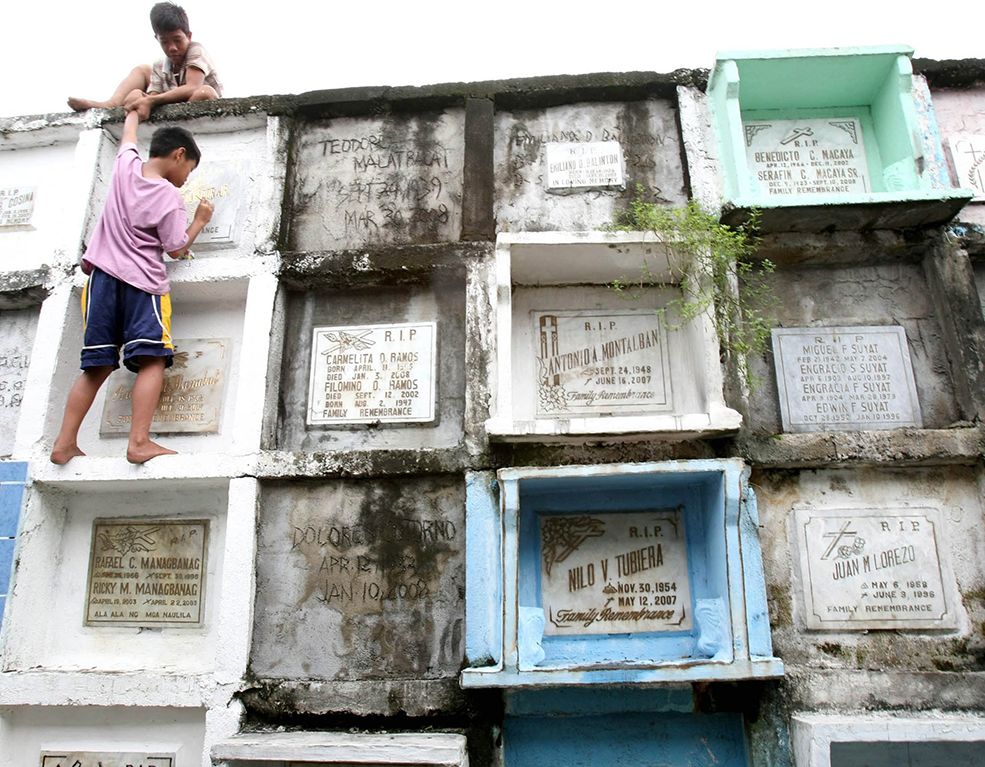Although Christian Arabs make up a small minority in the Holy Land, they could be an important bridge in the conflict that has divided the region for too long, says Patriarch Fouad Twal. The Latin Patriarch in Jerusalem laments, however, that as the international community is slow to take them into consideration, the numbers of Christians are dwindling. Part of the problem, he notes, is the Israel’s 20-foot-high wall around the Palestinian territories that has made daily life for many almost impossible.
There are approximately 50,000 Christians living in the Gaza Strip, East Jerusalem and the West Bank, with a further 200,000 in Israel. In this interview given to the television program “Where God Weeps” of the Catholic Radio and Television Network (CRTN), in cooperation with Aid to the Church in Need, the patriarch discusses the many challenges facing Christians living in the Holy Land. He also makes an appeal for three “P’s”: Prayer, Project, and Pressure.
– Can you tell us what is the situation of Christians in the Holy Land today?
We have to remember that the Latin Patriarchate covers three states: Jordan, Palestine, Israel, and even Cyprus. So it is not easy to speak about one state because situations change from state to state. Generally, as we know in the world, there is one state with many dioceses; in our case, we have one diocese within many states.
The fact that we are living in conflict means borders between these states create problems; to cross the borders means problems, to assign priests from one parish to another parish is not easy. We need allowances – permission – from Israel to move within these three states, which is within one Patriarchate of Jerusalem.
– How would you describe the feelings of the people in Jerusalem, in the Holy Land, particularly Christians?
It is a special city, a beautiful city and a dramatic city over which even the Lord wept. And we are still weeping. It is not easy. Jerusalem unites all the believers – Jews, Muslims, Christians – [but] at the same time, Jerusalem divides all the believers – to [the] death. Everybody wants Jerusalem to be their own capital, and Jerusalem, for me, must be the mother of churches, mother for all believers, and not for one people.
It is a pleasure, from one side, to see these people coming to visit the holy places and, on the other side, it is painful to see the local church, the local Christians, not being able to visit these holy places. A parish priest from Bethlehem cannot bring his faithful for a pilgrimage to these holy places. The same situation is seen in Ramallah, and Jordan, and other parishes; they cannot move easily with so many checkpoints and the wall separating them.
We Never Give Up Hope
– This is a key question. Has the situation worsened now for Christians in the Holy Land as a consequence of the construction of the wall?
For sure, the wall separate[s] families. It is not only a question of just these holy places, but also a question of families; some families, especially some young people, cannot visit their grandparents on the other side of the wall. They cannot go to their field, their garden, and their olive trees on the other side. The problem is big, [it’s] not just the question of these holy places, but the dignity of families, the separation between the young and old people. They cannot even visit someone who is dying on the other side.
– You travel with your diplomatic passport from the Vatican?
Yes, that is right, so I can visit the parishioners in the three states that comprise one Patriarchate: Jordan, Israel, and Palestine. My worry is, when we have to transfer one priest from one parish to another parish according to our pastoral work and pastoral needs; will he be given permission to come or not? It’s a big problem.
In Jordan – the biggest portion of the patriarchy and the source of our priests, seminarians, and nuns – the question always is: can we bring them to Palestine? The other problem is about our young seminarians who are in Beit Jala near Bethlehem: can they go on holidays in Jordan to see their families?
– To see their families?
Yes, this is a problem. The conflict is there. We bear the consequences of the conflict. What we need is not a permission, but peace. We need a normal life. We need freedom of movement to move about peacefully, without problems, without getting permissions. Even if Israel gives us permission, we are not very grateful. We will be grateful when we have our peace, when we have our normal life and when we can move freely.
The fact [is] that the conflict has existed for 60 years or more and, until now, we haven’t seen any progress toward peace, dignity, and freedom. But we never give up; we hope, we pray and we ask help from the outside world to achieve them, peace especially.
Bearing The Cross Is Our Daily Bread
– Christians are caught between extremist Muslim and extremist Zionism. Where do Christians fit in; there is a sense of aggression toward the Christian community from both sides, or would you not agree?
I agree that the dramatic situation must bring us back to the Gospel and take it seriously. In the Gospel, the Lord said: “Anybody who wants to follow Me must bear his cross and follow Me.”
And that is our “daily bread” – bearing the cross in the same places where He took up His cross. And as a Christian, and as a minority, whether this cross comes from Jews, from Muslims, from ourselves, does not matter. The fact that we cannot live in the Holy Land, we cannot love the Holy Land, we cannot work in the Holy Land without the cross, so the wall situation brings us back to take ad litteram (seriously) the Gospel. At the same time, in the Gospel, the Lord says: “Do not be afraid, I am with you. I will never leave you alone.”
That is why our enthusiasm, our joy to live, to work, to evangelize, to do our pastoral activity do not depend upon the political situation – whether the government is with us or against us – our joy to live, to work, to pray comes from another source: from the Lord, from His strength, from His love, from His pardon.
– You have said that Arab Christians are like a bridge between East and West. What role do Christians play in this context?
First of all, we must keep and respect our identity as both Arab and Christian; we cannot forget this identity. As Arabs, we have the same traditions, we have the same language, and we have the same approach as the Muslims. We can speak with them. We feel more Arab than they are; [there] were Arabs several centuries before the arrival of Islam in the Middle East, and we are proud to say we are Arabs and come from the desert. I say it with pleasure and I have no problem with that.
At the same time, we are Christians, and we have culture: a Christian culture. And we have a Western culture, and we can be and we must be a factor of moderation, a factor of reconciliation, a factor or a bridge between both peoples in conflict. The question is whether the international community accepts us or considers us like this. That is the question.
So often, we are forgotten. They make decisions concerning the Middle East often without thinking about this small Christian minority in this area. And, often, we pay the price for their decisions because nobody considers us and our presence between a majority of Muslims and a majority of Jews.
We Can’t Have One-Sided Security Or Peace
– If you had an appeal to make to Catholic people, what would your appeal be for the Christians in the Holy Land?
The appeal is easy: the appeal for the three big “P’s.”
Prayer: we ask the Church all over the world, with their communities, with their priests and their faithful to pray for peace in the Holy Land because we still believe in the power of prayer. The Lord says: “I will give you My peace.” The peace that the world, that the politicians cannot give, or maybe they do not want to give, He will give [to] us. […] This peace means serenity, faith, love, and respect for everybody, so the first “P” is prayer.
The second “P” is Project. Please adopt some social or religious or cultural project. You can adopt schools, you can adopt seminarians, and you can adopt the Patriarchate, you can [and] you must help.
And the last “P” is Pressure on the governments to make peace. We need this more than anything else. We need peace. We need a timeline to get rid of the checkpoints, and the wall, and we have to be at peace with everybody.
We want to assure everybody that with the arms [weapons], the walls, and checkpoints, there won’t be peace and there won’t be security. The peace and security will either be for everybody or none at all. No people, either Israeli or Palestinian, can have a one-sided security or peace; both sides should have peace and security; otherwise, both will continue killing each other and violence will never end. We don’t want this.
We want peace and security for everybody: Jews, Muslims and Christians.


